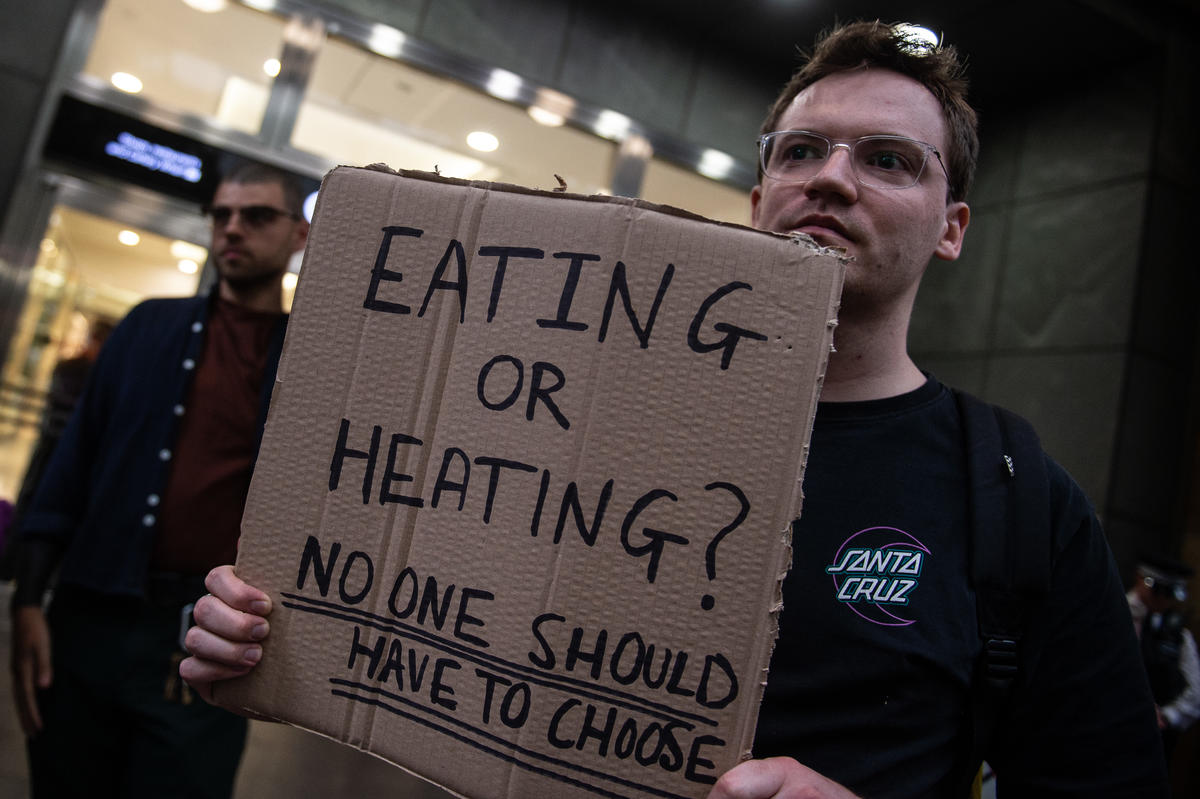This year the Edelman Trust Institute fielded six Trust Barometer studies. In online surveys, we asked more than 85,000 respondents across 28 different countries hundreds of questions about who, what, and why they trust — and what makes it more likely they will trust an institution, its brands, its actions, or its communications.
An analysis of the reports we published this year reveals some clear themes for how institutions and their leaders can make it more likely they will earn trust. Across institutions, whether we are looking at trust in the healthcare system, in climate actions, in brands, or in employers, here are the trust-building principles that showed up in our 2023 reports:
Principle 1: Action Builds Trust
Across the 27 countries we surveyed for our annual Global Report, people are five to six times more likely to say that business should be doing more, not less to address issues such as climate change, economic inequality, energy shortages, or healthcare access. Despite the recent backlash against overly “woke” businesses, less than ten percent said business was overstepping on what it should be doing to address any of these issues.
The same was true when we looked at expectations for brands (people are more likely to buy brands that engage on societal issues, with healthcare and climate change topping the list globally) and for employers (job seekers are more likely to work for companies that commit to issues, with the highest support for human rights and healthcare).
Given today’s polarized culture, how can you act in a way that builds trust?
- Engage where it matters to your stakeholders. As one example, even in the highly politicized U.S. market, both Republicans and Democrats are more likely to buy brands that invest in retraining for workers.
- To make a difference, partner across institutions. Across issues such as climate change and immigration, people agree that government and business working in partnership to address societal issues is four times more likely to yield results than business acting alone.
- Build optimism. Many actions that respondents view as obligatory for CEOs this year related to increasing economic optimism: paying fair wages, ensuring local communities are safe and thriving, and retraining employees. Our climate report clearly showed that outcomes build optimism: People need to see promises kept, progress made, and benefits both personal and beyond.
- Show me how you will hold yourself accountable. When we asked people the most effective way a brand can keep or earn their trust, the theme was accountability. People trust brands that own their mistakes, are transparent about their impact, supply chain, or employee diversity, and partner with government on developing regulations.
Principle 2: Employees First
Employers outperform all others in terms of trust, even among those who are the most distrusting of institutions. People more readily believe communications from their employers than the information they see in government or media reports. In fact, your employees expect their company to provide trustworthy information on topics beyond the business, and they want to see their CEO take a stand on issues they care about.
Employees will help you build trust externally, too. They will share and amplify company news. Your customers want to see companies and brands treat their employees well, and employee voices are highly credible as spokespeople.
Principle 3: Put Me at the Center
The more you can relate your actions or messages to me and my community, and the more you can elevate my voice and give me influence, the greater your chance of earning my trust. How?
- Show that you understand my lived experience. For deskless employees, the most effective way to make them feel their needs are addressed is if “my CEO experiences my day-to-day work.”
- Show how things impact me and my community. People are more likely to trust climate actions from business, government, or NGOs if those institutions show how their actions benefit individuals and local communities.
- Give me influence. People are more likely to follow expert health guidance if they feel the data behind the recommendation was collected from people like them. Employees want formal infrastructure to ensure their concerns are heard and addressed.
- Give me your trust. If they feel trusted by their executive management, employees are three times more likely to trust their company’s CEO.
Principle 4: Use the Voices and Channels I Trust
Trust is a relationship, and customers and employees want a seat at the table. To engage them, your approach needs to be based on dialogue and it needs to rely on the voices and channels they trust.
- Trusted voices: Throughout the year, we asked people who they trust as brand ambassadors or for information on topics such as climate, diversity, or healthcare, and the answers were remarkably consistent. Experts and “people like myself” are the most trusted spokespeople across the board. Those with higher trust in the health ecosystem trust doctors and are most likely to believe health authorities; those with lower trust are more likely to trust friends and family and are most likely to believe information from their employer. Smart businesses will use both expert and peer voices to earn trust.
- Trusted channels: Online searches, which put the user in control, and traditional media are the most trusted sources for general news information. Owned is the best source to learn about a new brand; media is best for learning about a brand’s societal actions; personal experience is the top source for product performance.
Trust is earned, but it must also be lived. Organizations that embed these trust-building principles in their culture, as well as their actions and communications, will stand a very good chance of winning their stakeholders’ trust in the coming year.
Tonia Ries is Executive Director of Intellectual Property for the Edelman Trust Institute.
Referenced data comes from the 2023 Edelman Trust Barometer and Special Reports:







